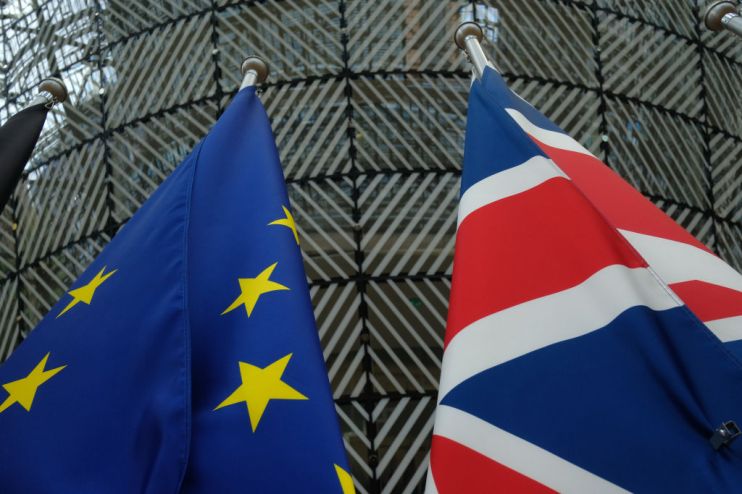Truce in post-Brexit sausage wars only a ‘sticking plaster’, says David Frost

This week’s three-month truce in the so-called sausage wars between the UK and EU only amounts to a “sticking plaster”, according to defacto Brexit minister Lord David Frost.
Frost today maintained the government’s position that the post-Brexit Northern Ireland Protocol is failing to “reflect the balance that was in the Good Friday Agreement” and is “not working”.
Chilled meats, such as minced beef and sausages, made in Great Britain were due to be banned in Northern Ireland at the end of June under the protocol.
The UK and EU negotiated a three-month extension to the ban earlier this week, easing long-running tensions.
The so-called sausage wars are a part of a larger row between the UK and EU over how the Northern Ireland Protocol is administered.
Frost told the Sunday Telegraph that EU leaders are more concerned about “process” than implementing the post-Brexit agreement in a way that maintains peace and prosperity in Northern Ireland.
He also indicated that most EU leaders don’t understand the political and historical situation in Northern Ireland.
“We have seen disorder, albeit fairly low level, at Easter, and we’ve seen quite a lot of protest across Northern Ireland, in various ways, amongst unionism. That just has to be factored in,” he said.
“Nobody wants to see that situation get any worse and it’s absolutely not our wish that it should. The best situation is one of calm and we have to show that what we can do together as the UK and EU is capable of responding to those political demands.”
European Commission Vice President Maros Sefcovic earlier this week said: “A continuous rolling over [of grace periods] does not give predictability to businesses in Northern Ireland.”
The Northern Ireland Protocol is a part of the Brexit Withdrawal Agreement and sees Northern Ireland follow the EU’s customs union and single market rules, unlike the rest of the UK.
This was done to ensure there is not a hard border on the island of Ireland, which would have violated the principles of the Good Friday Peace Agreement.
It also means there is a so-called border in the Irish Sea, with some checks on goods required between Great Britain and Northern Ireland, which has infuriated some parts of the unionist community.
Johnson and Frost have argued that the EU’s bureaucratic approach to border checks will mean supply shortages, economic damage and unionist unrest in Northern Ireland.
Brussels says it is applying the protocol to the letter of the law and does not want unchecked goods to enter its single market.